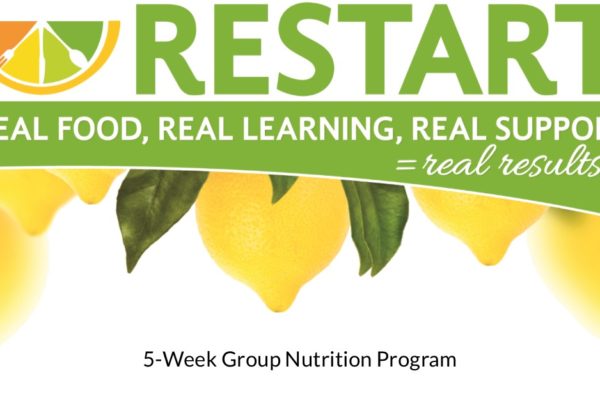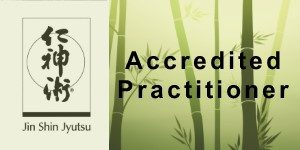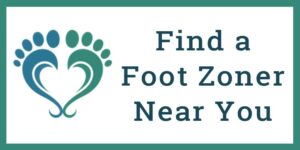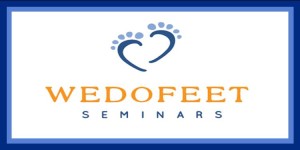Excerpt from Principles of Healthy Diets a complimentary pamphlet offered by The Weston A. Price Foundation. Weston A. Price Foundation is a nonprofit, tax-exempt nutrition education foundation. Read our mission statement. . . Become a member and receive our lively and informative quarterly journal. Click here for a message from Sally Fallon Morell. Read our Dietary Guidelines here.
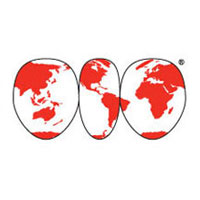 Myth: Use of soy as a food dates back many thousands of years.
Myth: Use of soy as a food dates back many thousands of years.
Truth: Soy was first used as a food during the late Chou dynasty 1134 – 246 BC) only after the Chinese learned to ferment soy beans to make foods like tempeh, natto and tamari.
Myth: Asians consume large amounts of soy foods.
Truth: Average consumption of soy in China is 10 grams (about 2 teaspoons) per day and up to 60 grams in parts of Japan. Asians consume soy foods in small amounts as a condiment, and not as a replacement for animal foods.
Myth: Modern soy foods confer the same heath benefits as traditionally fermented soy foods.
Truth: Most modern soy foods are not fermented to neutralize toxins in soybeans, and are processed in a way that denatures proteins and increases levels of carcinogens.
Myth: Soy foods provide complete protein.
Truth: Like all legumes, soybeans are deficient in sulfur-containing amino acids methionine and cystine. In addition, modern processing denatures fragile lysine.
Myth: Fermented soy foods can provide vitamin B12 in vegetarian diets.
Truth: The compound that resembles vitamin B12 in soy cannot be used by the human body; in fact, soy foods cause the body to require more B12.
Myth: Soy formula is safe for infants.
Truth: Soy foods contain trypsin inhibitors that inhibit protein digestion and affect pancreatic function. In test animals, diets high in trypsin inhibitors led to stunted growth and pancreatic disorders. Soy foods increase the body’s requirement for vitamin D, needed for strong bones and normal growth. Phytic acid in soy foods results in reduced bioavailability of iron and zinc which are required for the health and development of the brain and nervous system. Soy also lacks cholesterol, likewise essential for the development of the brain and nervous system. Megadoses of phytoestrogens in soy formula have been implicated in the current trend toward increasingly premature sexual development in girls and delayed or retarded sexual development in boys.
Myth: Soy foods can prevent osteoporosis.
Truth: Soy foods can cause deficiencies in calcium and vitamin D, both needed for healthy bones. Calcium from bone broths and vitamin D from seafood, lard and organ meats prevent osteoporosis in Asian countries – not soy foods.
Myth: Modern soy foods protect against many types of cancer.
Truth: A British government report concluded that there is little evidence that soy foods protect against breast cancer or any other forms of cancer. In fact, soy foods may result in an increased risk of cancer.
Myth: Soy foods protect against heart disease.
Truth: In some people, consumption of soy foods will lower cholesterol, but there is no evidence that lowering cholesterol lowers one’s risk of developing heart disease.
Myth: Soy estrogens (isoflavones) are good for you.
Truth: Soy isoflavones are phyto-endocrine disrupters. At dietary levels, they can prevent ovulation and stimulate the growth of cancer cells. Eating as little as 30 mg isoflavones (from about 30 g soy protein) per day can result in hypothroidism with symptoms of lethargy, constipation, weight gain and fatigue.
Myth: Soy foods are safe and beneficial for women to use in the postmenopausal years.
Truth: Soy foods can stimulate the growth of estrogen-dependent tumors and cause thyroid problems. Low thyroid function is associated with difficulties in menopause.
Myth: Phytoestrogens in soy foods can enhance mental ability.
Truth: A recent study found that women with the highest levels of estrogen in their blood had the lowest levels of cognitive function; in Japanese Americans, tofu consumption in mid-life is associated with the occurrence of Alzheimer’s disease in later life.
Myth: Soy isoflavones and soy protein isolate have GRAS (Generally Recognized as Safe) status.
Truth: Archer Daniels Midland (ADM) recently withdrew its application to the FDA for GRAS status for soy isoflavones following an outpouring of protest from the scientific community. The FDA never approved GRAS status for soy protein isolate because of concern regarding the presence of toxins and carcinogens in processed soy.
Myth: Soy foods are good for your sex life.
Truth: Numerous animal studies show that soy foods cause infertility in animals. Soy consumption lowers testosterone levels in men. Tofu was consumed by Buddhist monks to reduce libido.
Myth: Soybeans are good for the environment.
Truth: Most soybeans grown throughout the world are genetically engineered to allow farmers to use large amounts of herbicides, creating toxic runoff.
Myth: Soybeans are good for developing nations.
Truth: In third world countries, soybeans replace traditional crops and transfer the value-added of processing from the local population to multinational corporations.



